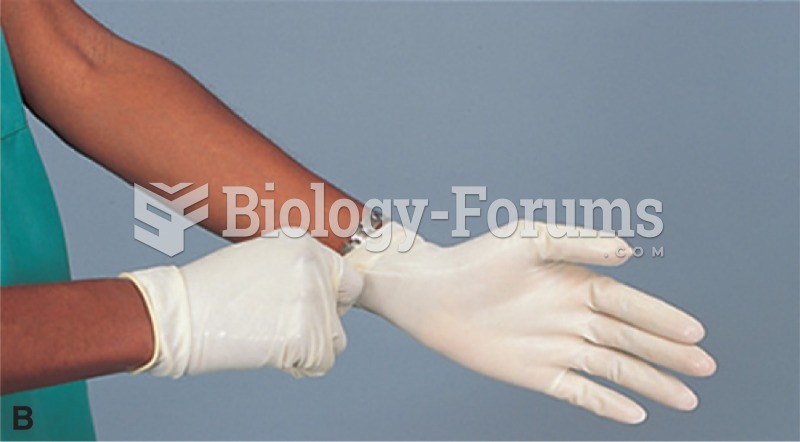This topic contains a solution. Click here to go to the answer
|
|
|
Did you know?
Though the United States has largely rejected the metric system, it is used for currency, as in 100 pennies = 1 dollar. Previously, the British currency system was used, with measurements such as 12 pence to the shilling, and 20 shillings to the pound.
Did you know?
There are over 65,000 known species of protozoa. About 10,000 species are parasitic.
Did you know?
About 3% of all pregnant women will give birth to twins, which is an increase in rate of nearly 60% since the early 1980s.
Did you know?
The longest a person has survived after a heart transplant is 24 years.
Did you know?
Excessive alcohol use costs the country approximately $235 billion every year.







